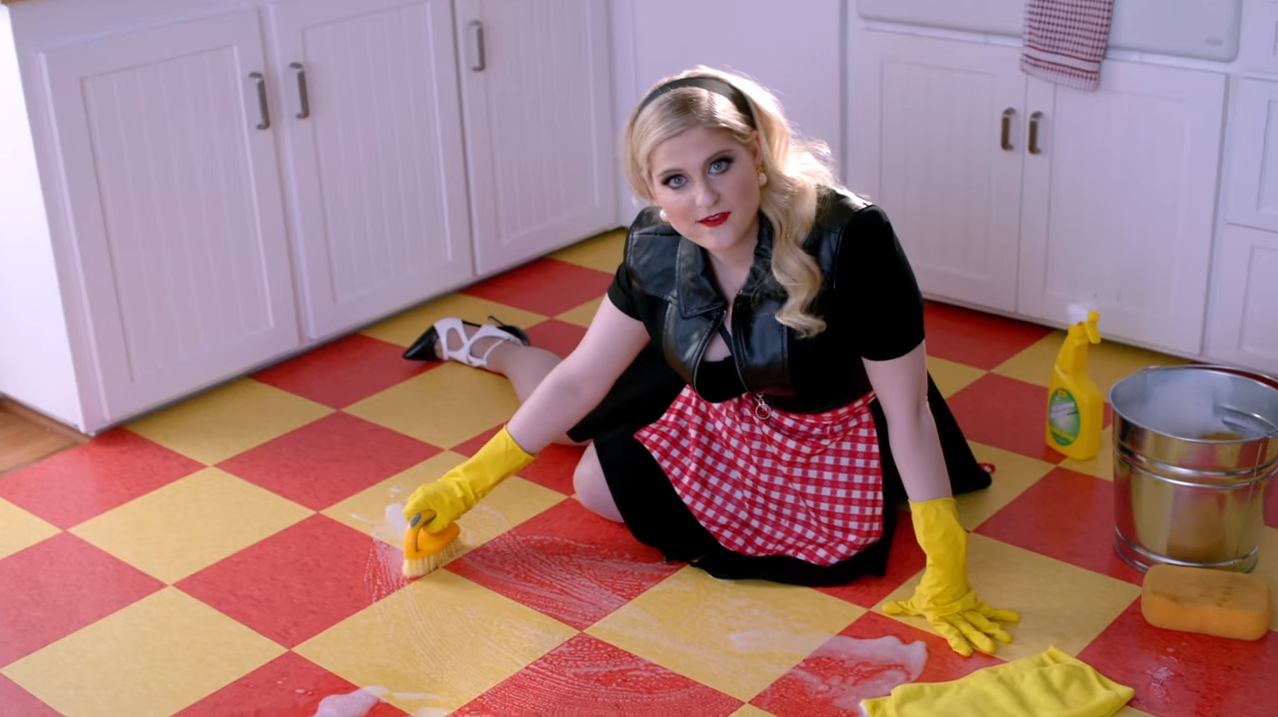‘Dear Future Husband’ hashtag is latest cringeworthy dating trend
Praying for a perfect husband could be a recipe for disaster

They say be careful what you wish for, so all of the people sharing the “Dear Future Husband” hashtag had better be wary.
Numerous women have been tweeting with the aforementioned hashtag, fantasising about the traits that they hope their future husbands will embody.
However, spending a long time imagining what your perfect partner would be like could set you up for disappointment later on in life, an expert explained.
“The idea of having an ideal is a long-held one, but can mean that the focus is on a list of ideals, and no one is ideal or perfect,” Dee Holmes, Relate counsellor, told The Independent.
“What we think we may want or need is only our perception and reality can be different to fantasy.”
In 2016, a woman addressed her “future husband” in an article published on Odyssey, in which she outlined a list of prayers such as: “I am praying that no matter how impatient we may become, we allow our love story to develop in God’s timing and not our own.”
Many of the “Dear Future Husband” tweets have followed suit, taking a pious approach to love.
“#DearFutureHusband God must always be the centre of our relationship. He is greater than us, and He is our number one priority,” one person wrote.
Other people have decided to focus on the attributes of their supposed future spouse.
“A sucker for a strong jawline, pretty eyes, and straight pearly white teeth,” someone specified.
“Now to match that with great character, ambition, intelligence, self motivation, adventure, sense of humour, similar interest, and sexual compatibility.”
While it’s important not to settle for less in a relationship, setting too high a bar for a prospective partner can be a risky move.
“When we have an ideal, for example a man who brings home flowers every weekend, or books a meal out at an expensive restaurant for a celebration, the reality may be that after several months of weekly flowers they may seem to have less meaning,” Holmes explained.
“If someone seems to fit the ideal, we may choose to be blind to the faults that don’t fit, or conversely disregard someone who is seemingly less than perfect.
“Going into a relationship with open eyes, curiosity and no pressure for perfection is by far the healthiest option.”
While striving for perfection that is completely unachievable is by no means recommended, it is beneficial to know what your deal-breakers are in a relationship.
“It’s important to know what you want or don’t want and not being prepared to settle for a relationship that may compromise you and your needs and wants,” said Holmes.
“If treated in a good-humoured way, the tweets can form a basis for good, honest communication from the start of a relationship about what we do or don’t want."
However, there’s a difference between healthy communication and an unrealistic checklist.
Subscribe to Independent Premium to bookmark this article
Want to bookmark your favourite articles and stories to read or reference later? Start your Independent Premium subscription today.

Join our commenting forum
Join thought-provoking conversations, follow other Independent readers and see their replies